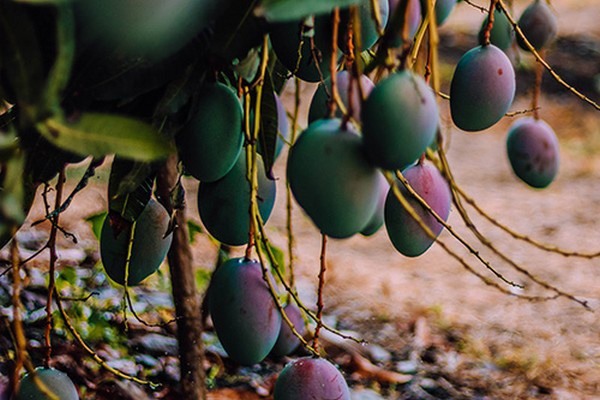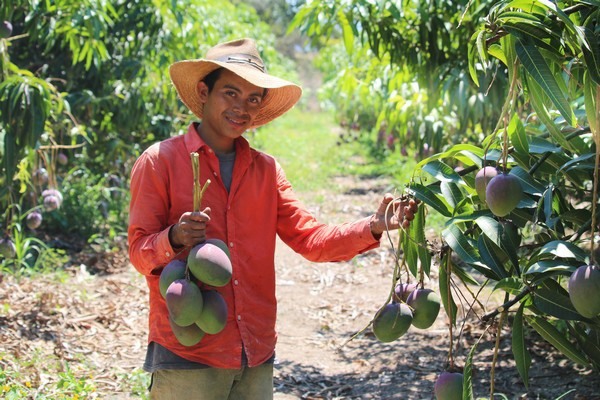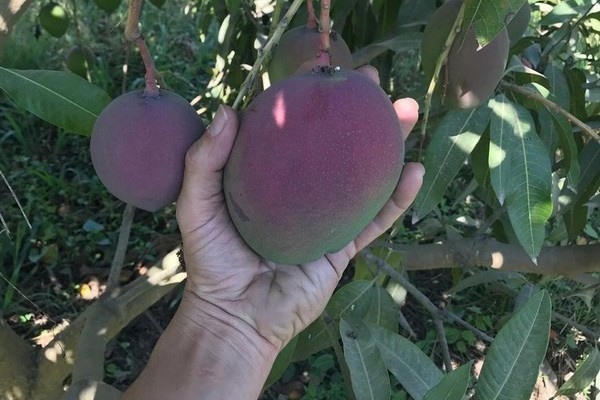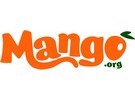While there are increasing connections being made between health and wellness and produce to promote consumption, recently, the National Mango Board took a deeper dive into the topic. Its webinar, The Science of Wellness: National Mango Board and Nutrition-Driven Consumer Strategy, touched on the board's health and nutrition strategy and how its recent findings help shape the organization's new health and wellness positioning.
Allison Beadle, founder and CEO of Wild Hive, a food, agriculture, and nutritional marketing firm, began the webinar by addressing why consumers are talking about wellness now. "A lot has changed in the consumer landscape in the United States over the past 10-15 years and certainly over the last five years," she said.
She noted that McKinsey & Company's The Future of Wellness Survey indicated that 84 percent of U.S. consumers consider wellness to be a top priority in their everyday lives. It also estimated that $500 billion is spent annually, representing that interest. "Health and wellness is not just a trend anymore. It is a cultural driver in the U.S. and abroad. People are redefining what it means to feel good, to live well, and to stay balanced," said Beadle. "Because they are prioritizing that, they're spending money on it. That's important for all of us working in the produce industry and specifically for mangoes."
The survey further illustrates that wellness is multidimensional and its definition includes better health, fitness, nutrition, physical appearance, mindfulness, and sleep.
 © National Mango Board
© National Mango Board
Deeper consumer understanding
However, consumers are complex, and their wellness definitions can differ. "Most consumers want food that makes them feel good, that fits their lifestyle, and that earns their trust. We've got to understand our audience and how they're thinking about wellness and food as a vehicle to wellness," she said.
Further, framing mangoes as not only a flavorful food choice but as a part of the path to wellness is logical and supports consumers' interest in how they want to live, feel, and thrive. It's also something the industry needs to be vocal about.
"According to PwC's Voice of the Consumer survey 2024, 50 percent of consumers say food producers and manufacturers should be among the top leaders encouraging healthy eating. While people are taking responsibility for their health, they expect support from the food industry in providing solutions to help them accomplish their health and wellness goals," says Beadle.
They're also expecting the industry to provide them with high-quality, credible information, which is why the NMB invests in science to help consumers make better choices based on sound data. This includes funding nutrition studies annually, as it has been doing since 2007. "Most of these studies have been human clinical and epidemiological studies, and the focus of these studies is on mango pulp and flesh as opposed to the seeds and the peel, the stems and the bark of mango trees. It focuses on that because it's focused on increasing the consumption of fresh mangoes," says Beadle.
It also emerged that the wellness issues meaningful to consumers are: cardiovascular and heart health; diabetes and blood sugar; brain and cognition; weight management; gut health; as well as skin health and exercise performance. All the studies are looking at how mango consumption impacts these different areas of health.
 © National Mango Board
© National Mango Board
Science and storytelling
However, then there's the matter of turning science into storytelling and coupling data with consumer and market research to help develop health positioning for mangoes to help grow overall consumption of the fruit.
So how do you do that? "We know consumers will spend a premium on wellness. Being able to talk about mangoes' value proposition is incredibly important and that is grounded in wellness," says Kary Laskin, vice-president, integrated marketing for Wild Hive.
The company's audience awareness and usage (AAU) survey is part of an annual effort to understand the attitudes and the motivators of consumers who already eat mangoes. While taste earned the top spot as to why consumers choose a fresh mango, other findings included that the top three favorite ways people enjoy fresh mango are as an individual snack, in a smoothie/blended drink, or as a snack with other foods. Mangoes are also most often eaten in the morning or the afternoon in between meals, and 2/3 of mango eaters believe that mangoes are a source of healthful sweetness.
 © National Mango Board
© National Mango Board
Naturally invigorating fruit
It also emerged that areas of increasing interest for consumers related to mangoes were blood sugar management, heart health, and gut health. Collectively, this led to the organization's positioning of mangoes as a naturally invigorating fruit. "We believe this is a very differentiated positioning for mango. It's optimistic, forward-looking, and explains itself: this idea that mangoes fuel the life you want to have," says Laskin.
To support that initiative and the studies, efforts are also being made to ensure that the studies and findings are publicized, and the organization continues to work on staying informed of consumer insights. "It's driving visibility for the science. When there's a new study, we promote it to consumers, industry, healthcare, and media to ensure that we're driving coverage from credible and trusted sources," says Laskin, noting that, for example, it did so with a recent study from the University of California Davis around mango benefits for postmenopausal women.
On top of that, the board's adding to its marketing tool kit with fact sheets and more, but also via a new initiative–a retail dietitian activation toolkit which is retail nutrition-focused. "It is a guide of activation ideas, but all the ways you can talk about naturally invigorating mangoes and their health and wellness benefits to retail customers," says Laskin, adding that this initiative will launch soon.
 For more information:
For more information:
National Mango Board
Tel: +1 (407) 629-7318
https://www.mango.org/
